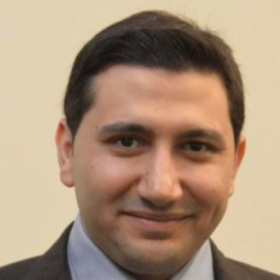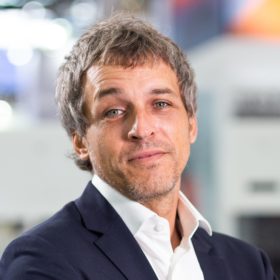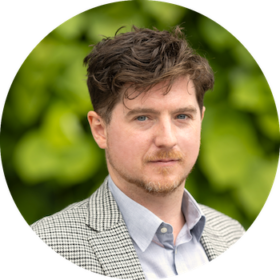In this pv magazine Webinar, we’ll examine in detail the high temperature performance of JinkoSolar’s TOPCon products, and look at optimizations at both module and system level that can ensure the best performance in high temperature conditions.
Solar in the sun: system optimizations for high temperature environment
Though something of a contradiction, it is true that too much sun can actually reduce the amount of electricity generated by a PV module. Managing the effects of heat have long been a challenge for engineers looking to get the most out of their modules, and ignoring the issue can have major consequences in terms of project energy yield. This is particularly true in regions such as the Middle East, where the very high solar irradiance means both more potential for PV and more heat to hold it back.
Better performance at high temperatures is one reason many cell and manufacturers are making the switch to n-type technology. In this pv magazine Webinar, we’ll examine how this advantage plays out in the field and look at how other components such as inverter and tracker can be optimized to ensure the cell technology’s inherent advantage holds out all the way to ensure a higher energy yield in the end.
Mohamed Saady, technical services manager Middle East & Africa at JinkoSolar will take us through the mechanisms at work within a module that can lead to temperature-related performance loss, and how new technologies and optimizations – including those present in Jinko’s TigerNEO n-type TOPCon modules – are well placed to minimize these.
We’ll then zoom out to the system level to examine how inverters, trackers and other components can be designed for high temperature operations, with multiple case studies confirming their impacts. David Sanchez, Utility Scale Director at GoodWe EMEA, will join to discuss concerns and possibilities on the power electronics side.
pv magazine Webinar content:
- Introducing heat effects on PV modules
- Technology to minimize negative impacts
- Case studies and high temperature system optimizations
- Q&A
Questions can be submitted beforehand or during the webinar through a chat window. Mark Hutchins from pv magazine will be the moderator of this webinar.
Registration for this pv magazine Webinar is free of charge.


